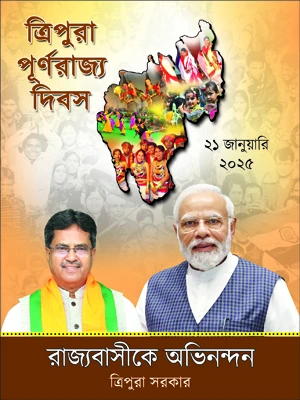New Delhi | October 9, 2025 | SKY LINK TIMES
Afghanistan’s UN-sanctioned Foreign Minister Amir Khan Muttaqi arrived in India on Thursday, marking the first official visit by a senior Taliban leader since the group returned to power in August 2021 following the withdrawal of U.S.-led NATO forces.The visit, made possible after the UN Security Council granted Amir Khan Muttaqi a travel waiver, signals a cautious but notable step in India’s evolving engagement with the Taliban regime.

Table of Contents
India Extends ‘Warm Welcome’ Towards Amir Khan Muttaqi
Indian foreign ministry spokesperson Randhir Jaiswal confirmed Muttaqi’s arrival, saying New Delhi “looks forward to engaging discussions with him on bilateral relations and regional issues.”
Muttaqi is expected to meet External Affairs Minister S. Jaishankar for high-level talks in New Delhi, following his earlier informal meeting with Deputy National Security Advisor Vikram Misri in Dubai in January.
While neither side has disclosed the official agenda, analysts believe that regional security, counterterrorism cooperation, and trade connectivity will dominate the discussions.
Strategic Balancing Amid Regional Rivalry
Experts see Muttaqi’s visit as part of India’s bid to maintain influence in Afghanistan, where regional players like China and Pakistan have already increased their presence.
“New Delhi is eager to establish its influence in Kabul and not be left behind by its arch-rivals,” said Praveen Donthi, analyst with the International Crisis Group, in a statement to AFP.
However, despite growing contacts, India remains cautious about extending formal diplomatic recognition to the Taliban government.
> “India is not in a hurry to provide diplomatic recognition,” said Rakesh Sood, former Indian ambassador to Kabul.
Also Read:https://skylinktimes.in/pm-keir-starmers-india-visit/
Diplomatic Context and Humanitarian Focus
Muttaqi’s India trip comes shortly after his meetings in Russia, the only country to have officially recognised the Taliban administration so far.
Although the Taliban are pushing for international legitimacy, most nations — including India — continue to treat their regime as a de facto authority rather than a recognised government.
India, which once operated a major embassy in Kabul, now limits its engagement to humanitarian aid coordination, following the closure of the Afghanistan embassy in New Delhi in 2023. However, consulates in Mumbai and Hyderabad still operate with limited services.
India has historically maintained close ties with Afghanistan’s people, hosting tens of thousands of Afghan refugees and students over the past two decades.
A Diplomatic Tightrope
Analysts say the visit represents a calculated diplomatic balancing act for India — maintaining engagement without recognition, and dialogue without endorsement.
As regional power dynamics shift rapidly, Muttaqi’s India visit may mark the beginning of a new, pragmatic phase in Indo-Afghan relations, shaped by strategic interests rather than ideology.
For More Info Stay Tuned: https://skylinktimes.in



